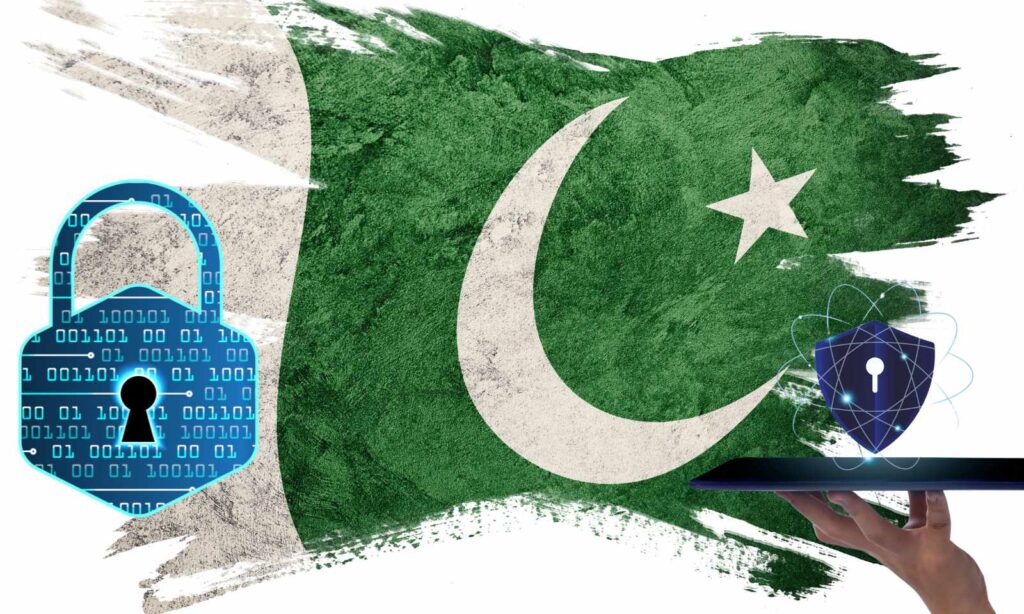Protecting Personal Data – The Implications of the Recent Data Breach Affecting 2 Million Pakistanis

Protecting Personal Data The Implications of the Recent Data Breach Affecting 2 Million Pakistanis
Introduction
In an era where digital technology has become an integral part of our lives, the security of our personal data is of paramount importance. Recently, a disturbing revelation has sent shockwaves through Pakistan, as reports have emerged of a massive data breach affecting approximately 2 million Pakistanis. This blog post delves into the details of this alarming breach, its potential consequences, and the crucial steps individuals can take to safeguard their personal information.
The Data Breach Unveiled
In the age of the internet, personal data has become a valuable commodity. Unfortunately, this has led to a surge in cyberattacks and data breaches worldwide. Pakistan has not been immune to these threats, with a recent data breach compromising the personal information of 2 million citizens.
Scope of the Breach:
The breach reportedly includes sensitive information such as names, addresses, phone numbers, and in some cases, financial details. This trove of personal data has found its way onto the dark web, where it is being offered for sale to the highest bidder.
Potential Consequences:
The consequences of this breach are far-reaching and could have a significant impact on the affected individuals:
Identity Theft: Stolen personal data can be used for identity theft, which can result in financial losses and damage to one’s reputation.
Phishing Attacks: Cybercriminals may use this information to launch targeted phishing attacks, tricking individuals into revealing even more sensitive data.
Financial Fraud: With access to financial details, hackers can initiate fraudulent transactions, potentially draining bank accounts or running up debts in victims’ names.
Emotional Distress: The knowledge that one’s personal information is compromised can lead to severe emotional distress and anxiety.
Government and Law Enforcement Response:
Pakistani authorities have been alerted to the breach, and investigations are underway to apprehend those responsible. However, it’s essential for individuals to take proactive steps to protect themselves.
Protecting Your Personal Data
While it may be impossible to prevent every data breach, individuals can take measures to reduce their risk and minimize the potential fallout from such incidents:
Change Passwords:
Regularly change passwords for online accounts, using strong, unique combinations of letters, numbers, and symbols.
Enable Two-Factor Authentication (2FA):
Implement 2FA wherever possible to add an extra layer of security to your online accounts.
Monitor Financial Statements:
Keep a close eye on your bank and credit card statements for any suspicious activity, no matter how small.
Beware of Phishing Attempts:
Be cautious of unsolicited emails or messages asking for personal information. Verify the sender’s identity before responding.
Use a VPN:
Consider using a Virtual Private Network (VPN) when browsing the internet, especially on public Wi-Fi networks.
Regularly Update Software:
Keep your operating system and all software up to date to patch security vulnerabilities.
Educate Yourself:
Stay informed about the latest cybersecurity threats and best practices for online safety.
Consider Identity Theft Protection Services:
Explore options for identity theft protection services that can help monitor your personal information.
Conclusion
The recent data breach affecting 2 million Pakistanis serves as a stark reminder of the importance of safeguarding personal data in the digital age. While it’s concerning that such breaches can occur, individuals can take proactive steps to protect themselves and minimize the risks associated with data breaches. By staying vigilant, using strong security practices, and keeping informed about cybersecurity, we can all contribute to a safer online environment for ourselves and our communities.
For More Related Articles Browse Our Website Blogster.pk
For social Connection You can also Visit and follow our Social media Platforms
Facebook , Instagram, Linkedin, Pinterest, Quora, Twitter, Youtube.





